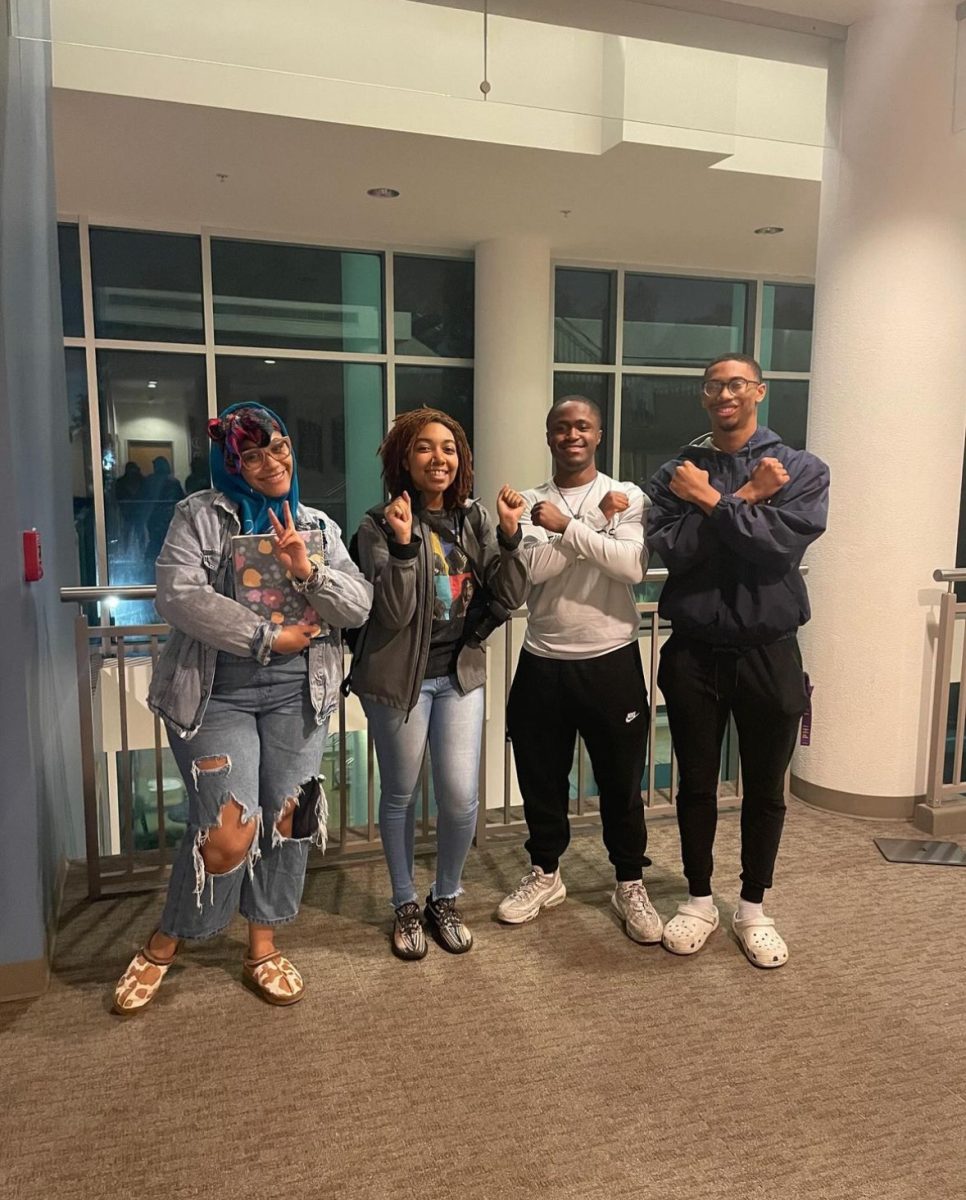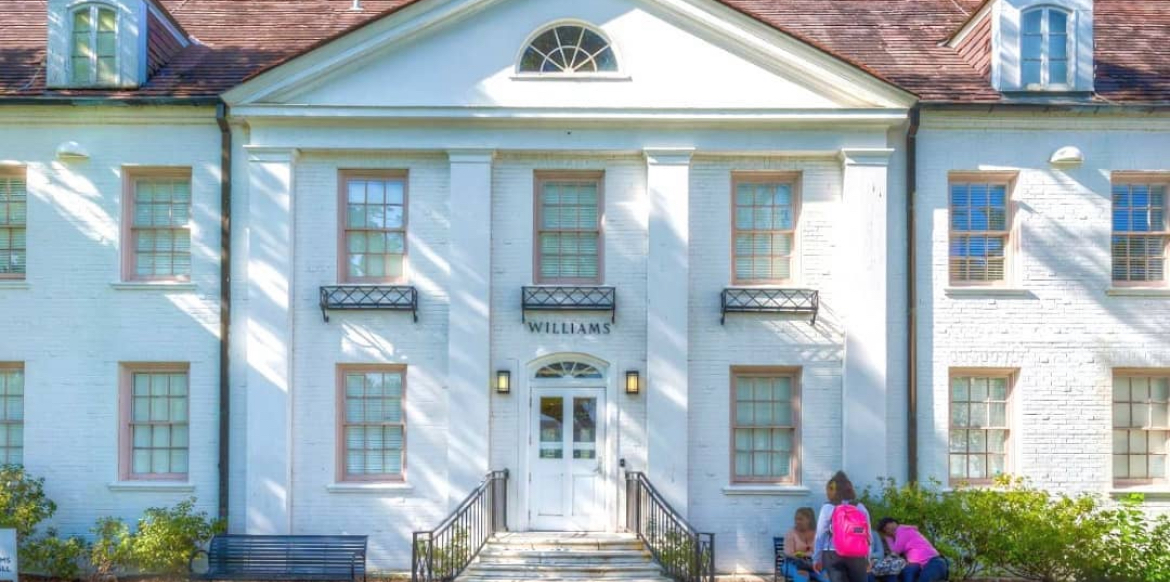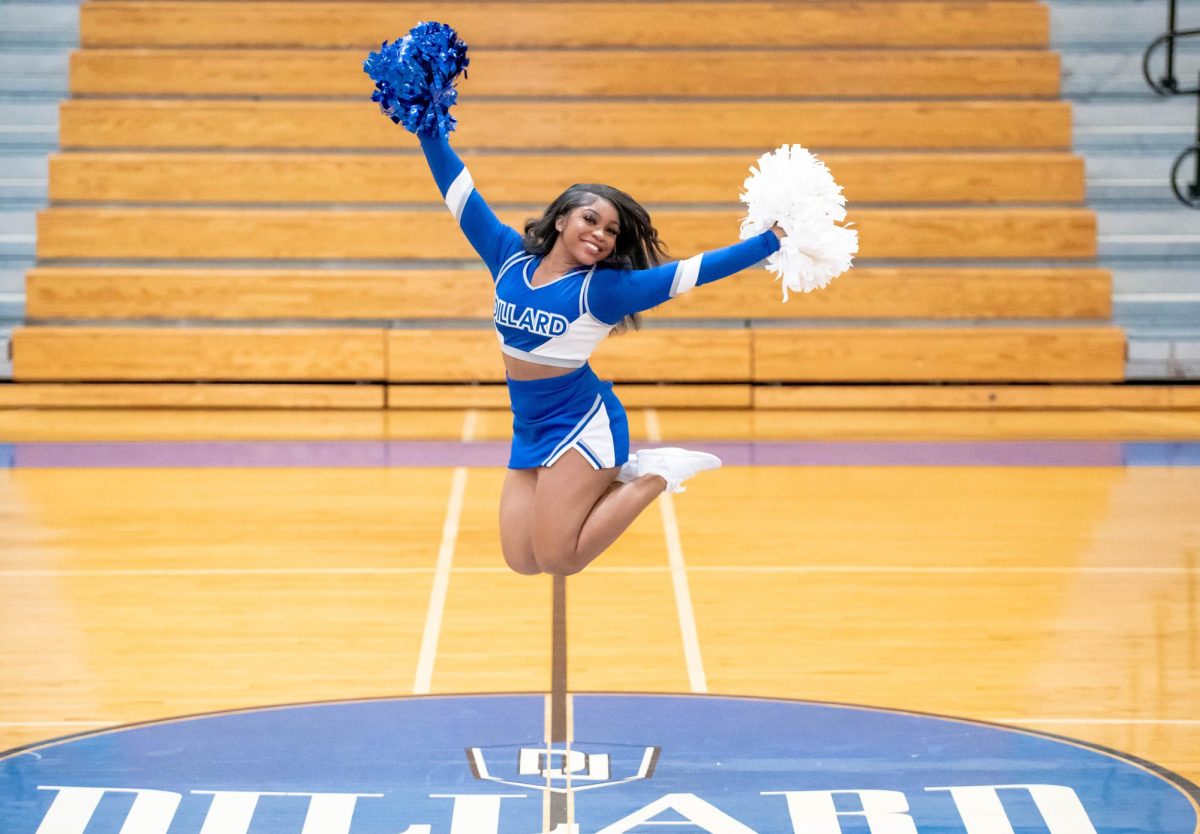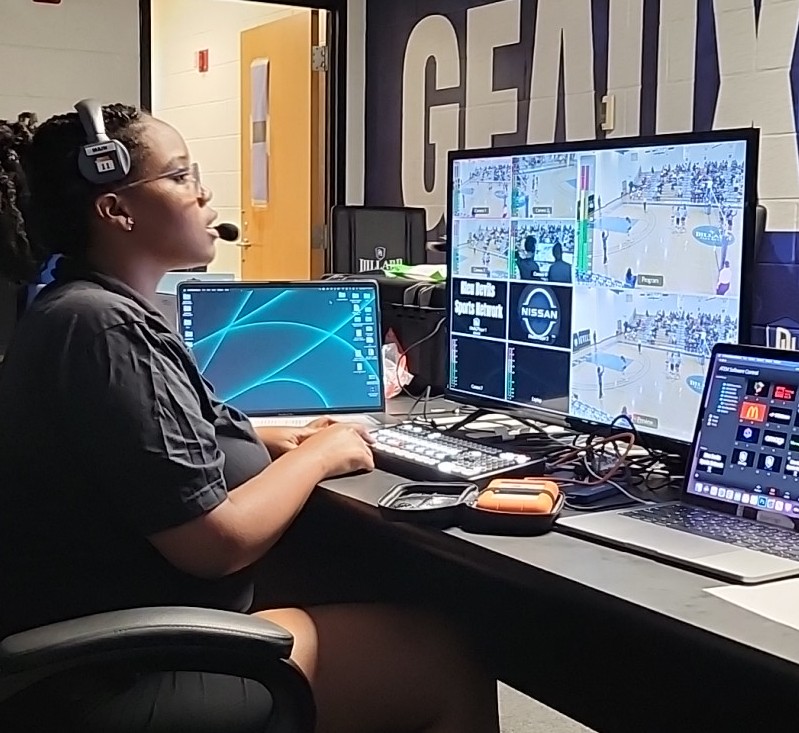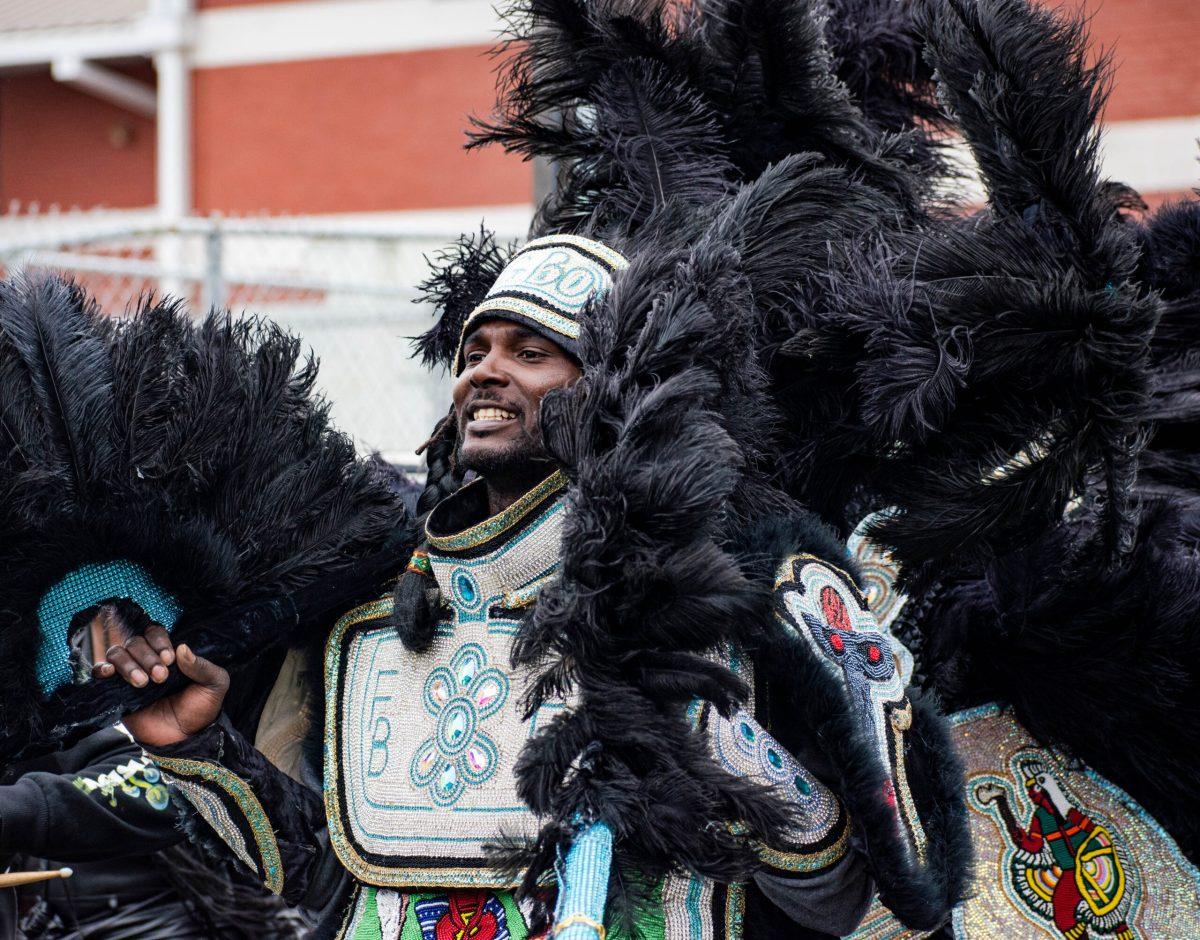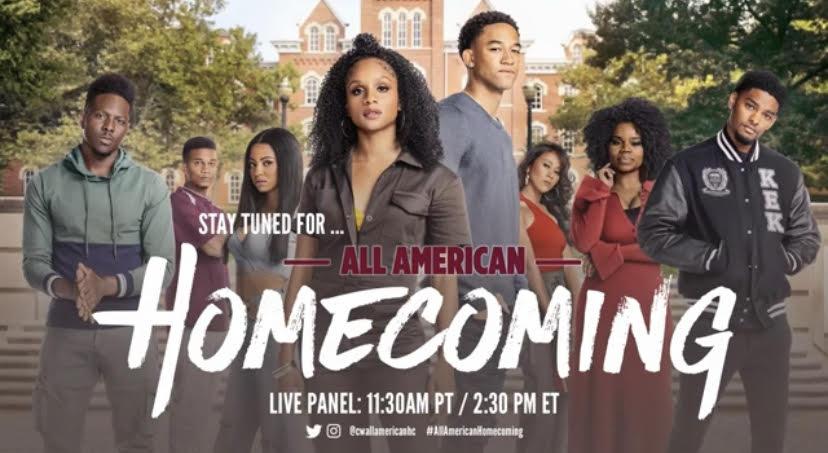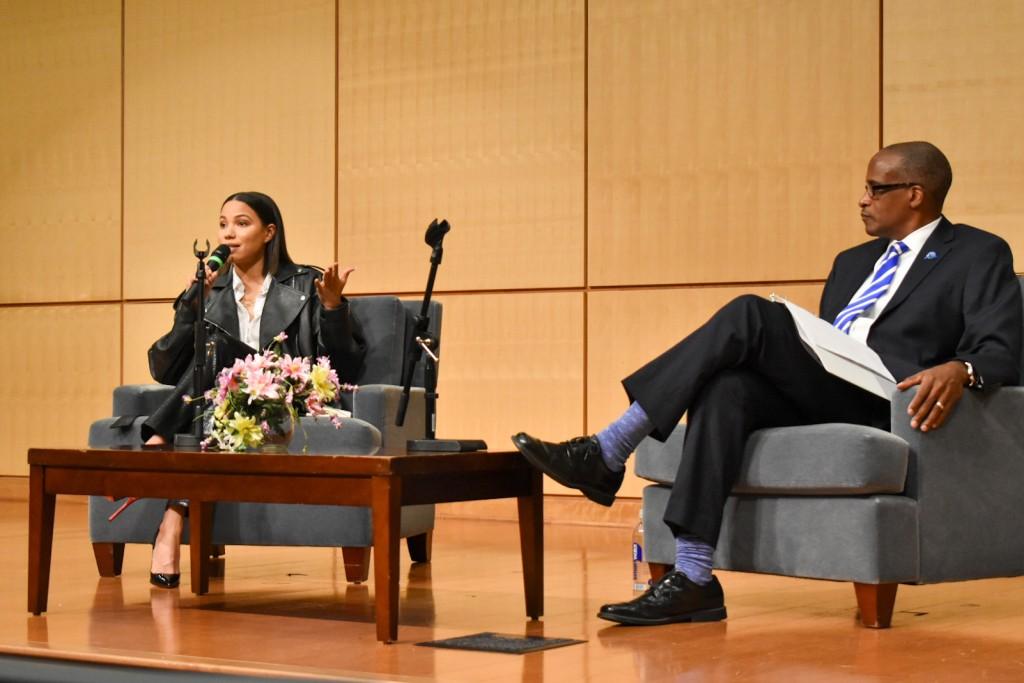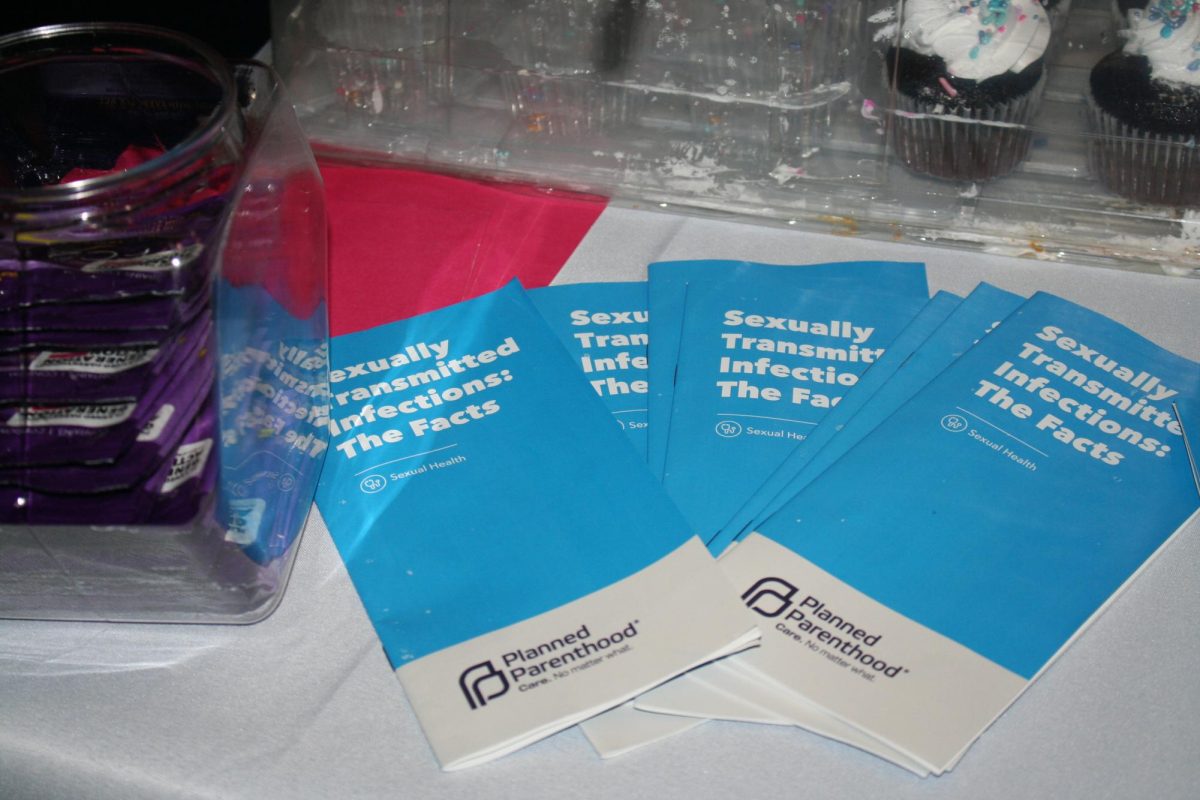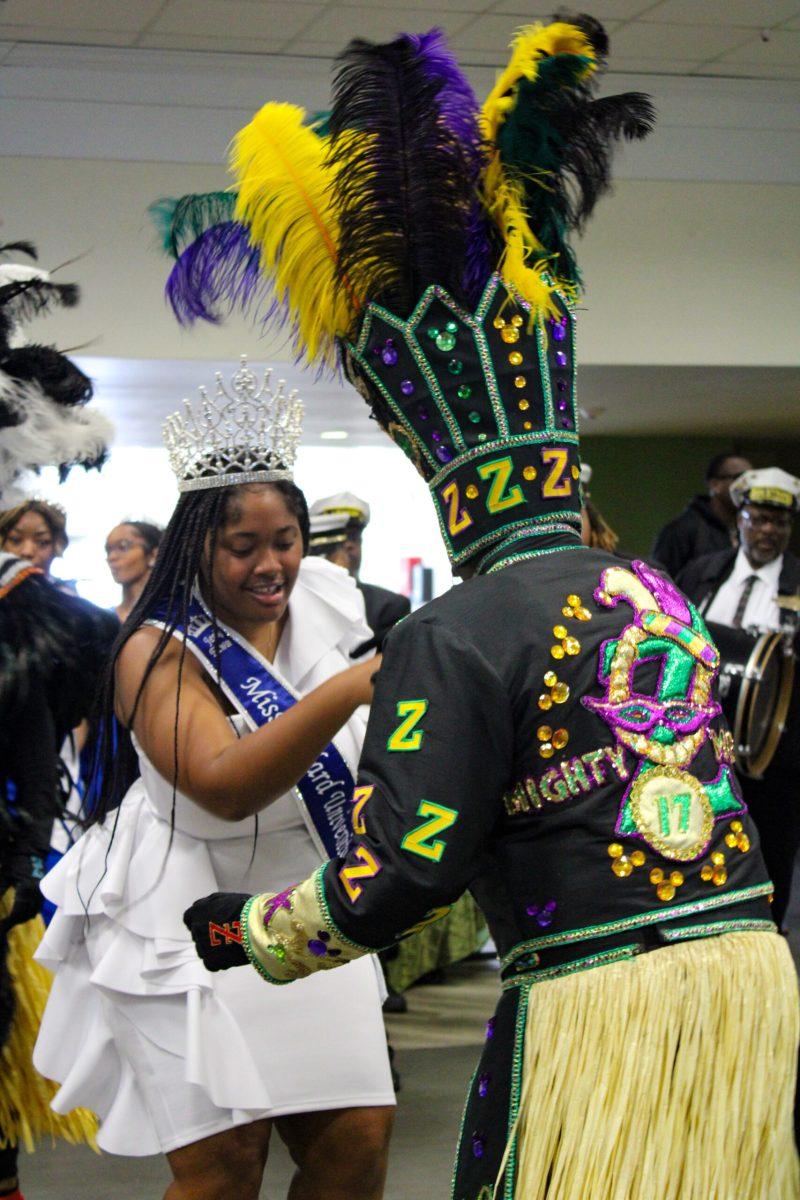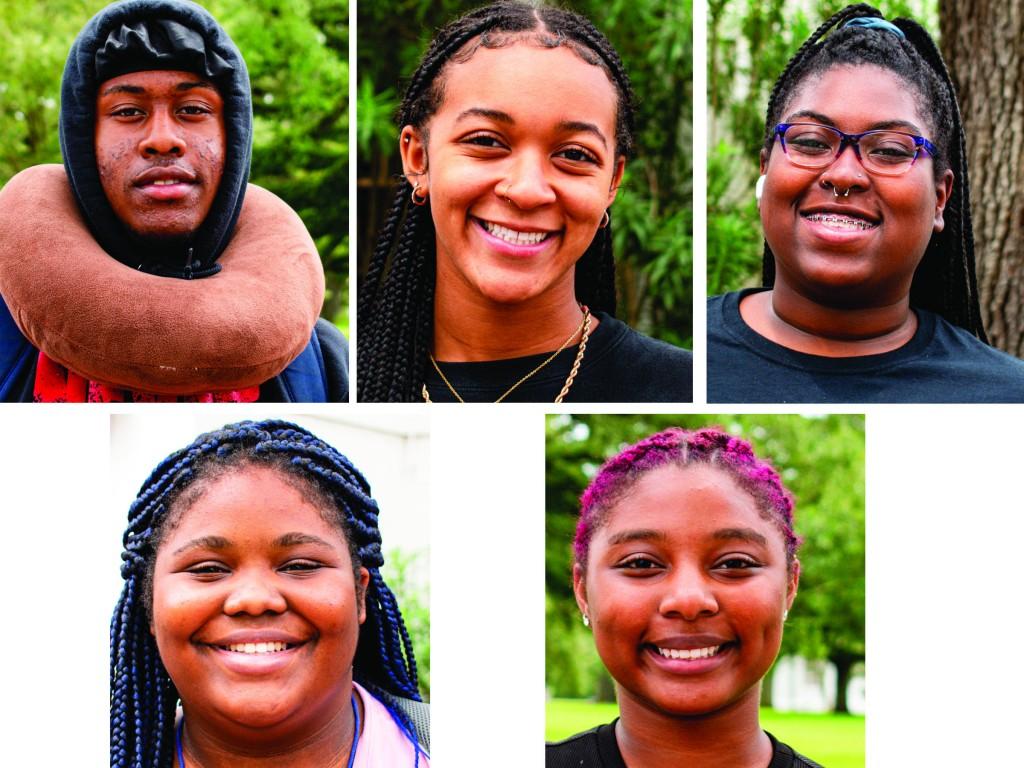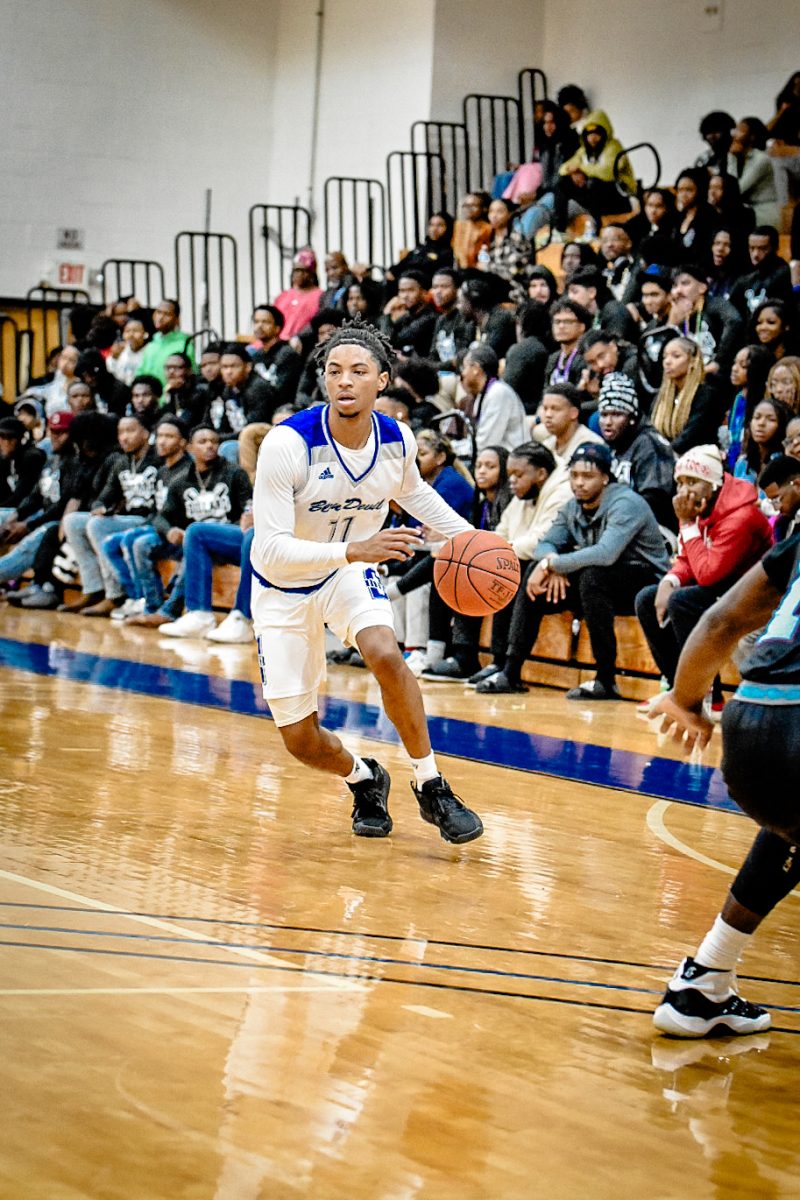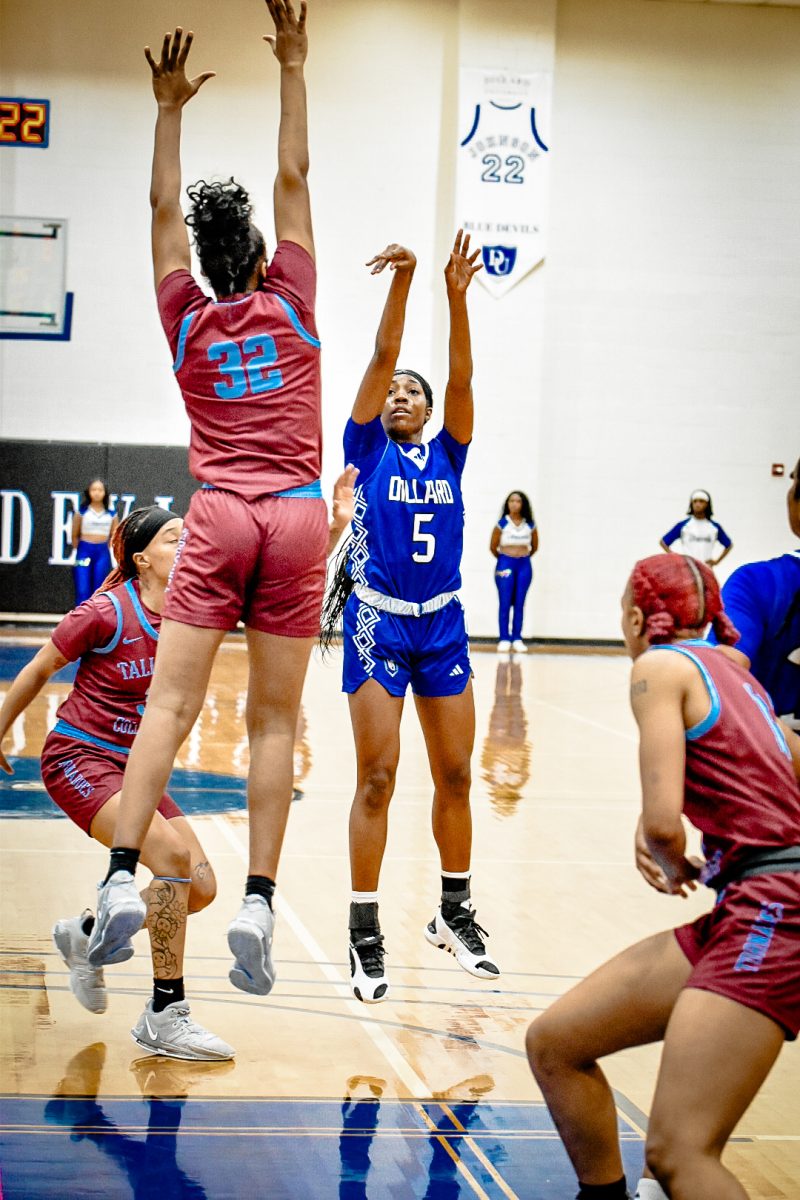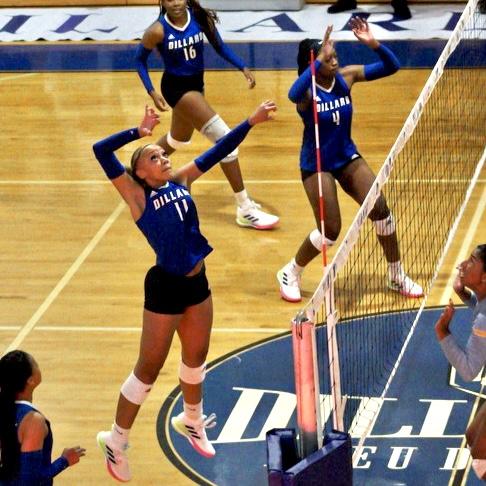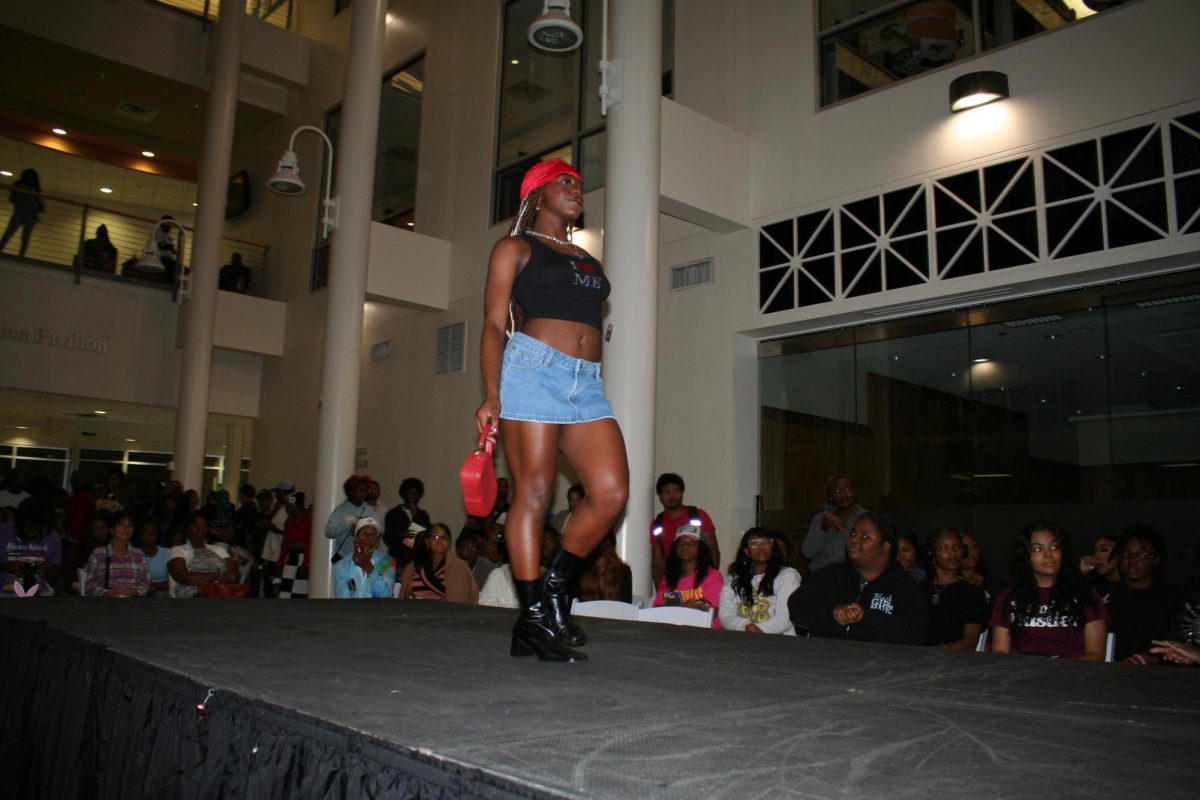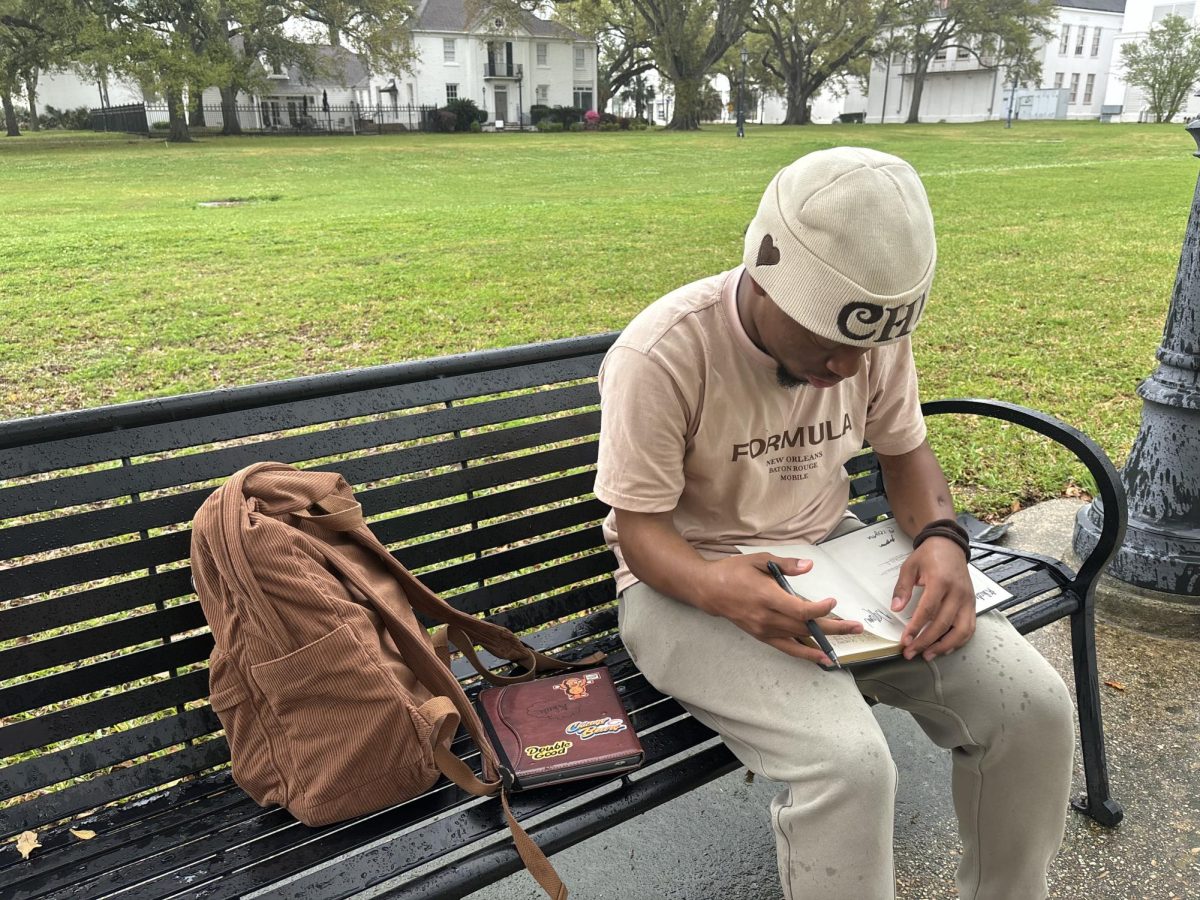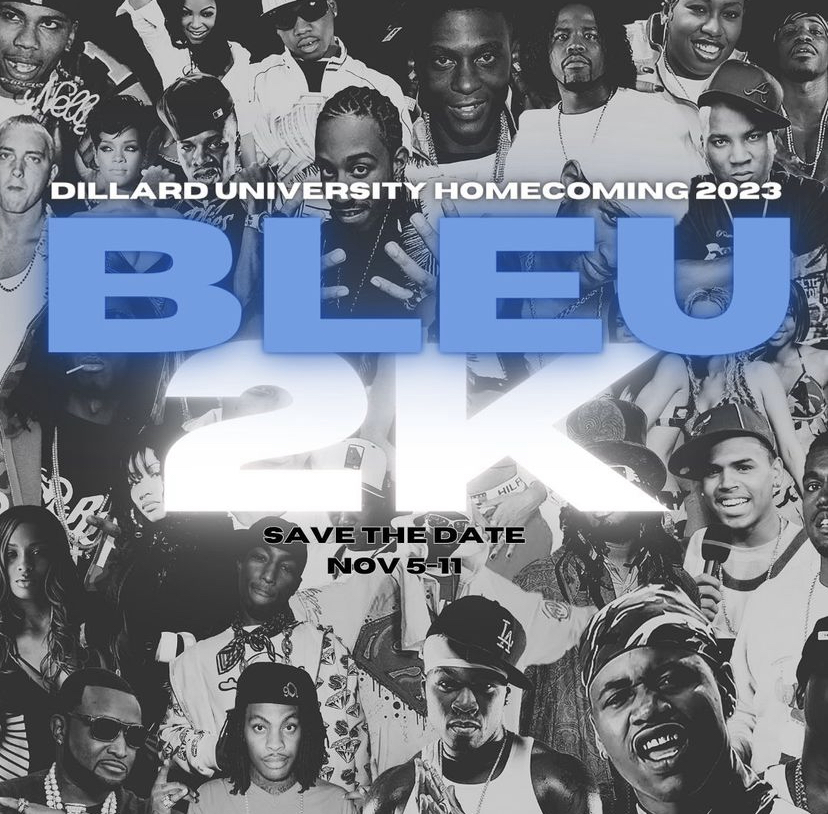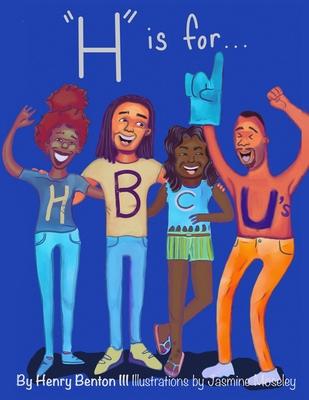Has change finally come? Has the African-American woman finally embraced the kink in her curl and the nap in her root? Maybe not all, but a trend seems to be traveling around the world with natural hair for women of color.
As an African-American female, I’ve dabbled in using chemicals to achieve the bone-straight look, but I’ve dealt with the consequences as well as those chemicals wreaked havoc with my hair’s health. Brittle ends and chemical burns gave me the feeling that something was definitely not right about the process.
I even tried the “sew-in” (or weave, for the uninitiated) as a protective hairstyle; before I got it, I was so excited, but its installation made me regret the decision. The pain was ridiculous. I experienced more harm than good, so I removed the hair after a month. As crazy as it may sound, I missed the simple privilege of being able to touch, massage or even scratch my scalp.
As a result of these experiences, I’ve learned to appreciate my natural tresses. I also noticed that a growing number of the Dillard student population has hopped on the “natural hair” train as well.
Black women have lived with the trends of “pressing” hair with the straightening comb. Then Garret A. Morgan (who invented the traffic signal and gas mask) came up with the chemical relaxer. Now women have become walking ads for Brazilian wavy hair and Hawaiian Silky relaxers. Nothing’s wrong with buying hair if yours won’t grow or to smooth out those edges, but it’s bogus (and a heavy financial strain) to continually pay $400 for someone else’s hair and constantly slap glue on your scalp.
I guess if you have the money, you should feel free to go broke, right? Maybe not. Consider this: According to Word Press, women spent $600 billion (that’s with a “B”) in 2011 on hair weaves. This figure is up 16.6 percent from the $535 billion spent the previous year. Think of more positive ways to spend that money! If you can afford to spend, say $400 every other month, for hair, what would happen if you actually SAVED it? You’ve be $2,400 richer at the end of the year. Even if you spent half of that on maintenance for your natural hairstyle, you’d still have $1,200. Something to think about.
Not only is natural hair less expensive, but the opposite sex often finds it more attractive.
Shane Butler, 29, of Marrero, said, “It feels so much better to run my fingers through a female’s hair and not have to feel tracks.”
African-American women already are so diverse and versatile, so why not take the step to accept your own natural beauty? Styles such as Bantu knots, braids, twist-outs and coil-outs are some of the options that promote healthy and beautiful black hair. We as African-American women don’t have to go broke to buy hair. We don’t have to file for bankruptcy to prove our beauty.

